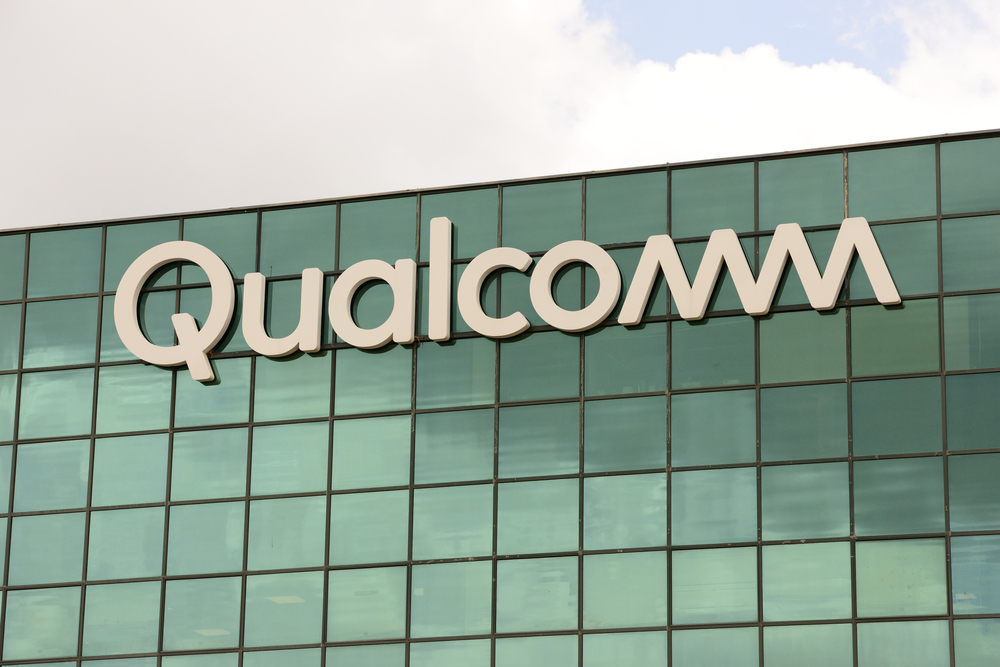Arm Holdings Plc has delivered a major blow to Qualcomm Inc., its longtime partner, by issuing a 60-day notice of termination for their architectural license agreement. This move is the latest escalation in an ongoing legal battle that has rattled the semiconductor industry.
The Termination Notice and Its Impact
The notice, confirmed by Arm in a statement, will end Qualcomm’s ability to design chips based on Arm’s intellectual property, a cornerstone of many mobile devices. Qualcomm, based in San Diego, has relied heavily on this license for its processors, which are used in most Android smartphones. If the cancellation is upheld, Qualcomm could face significant disruption, potentially losing a major revenue stream from the chip market.
Qualcomm’s Response
Qualcomm’s response to the notice has been swift. A spokesperson for the company described Arm’s actions as an attempt to manipulate its partner and increase royalty rates. Qualcomm contends that the move is “baseless” and aimed at undermining the legal process. The company also criticized Arm for what it termed “anticompetitive conduct” and vowed to contest the cancellation.
Background of the Dispute
The dispute between the two tech giants dates back to 2022 when Arm filed a lawsuit against Qualcomm for breach of contract and trademark infringement. The controversy centers on Qualcomm’s acquisition of Nuvia, a startup previously licensed by Arm. Arm claims that Qualcomm failed to renegotiate its contract terms after purchasing Nuvia, which led to the current legal standoff.
Financial Market Reactions
The fallout from the cancellation notice was immediately felt on the stock market. Qualcomm’s shares fell by up to 3%, while Arm’s shares dropped as much as 6.4%, signaling investor concern over the ramifications of the dispute.
A Pending Trial
As the legal battle progresses, the companies are headed to trial in December. Arm has expressed confidence that it will prevail, stating that it is “fully prepared” for the court case. Qualcomm, on the other hand, is expected to continue its defense, arguing that it has the right to use the Nuvia technology under its existing agreement with Arm.
For further details, you can read the full article here.
